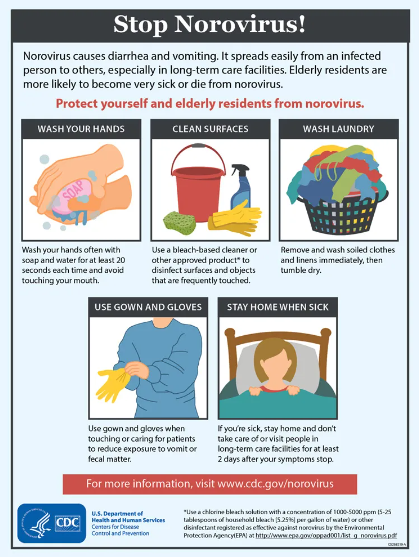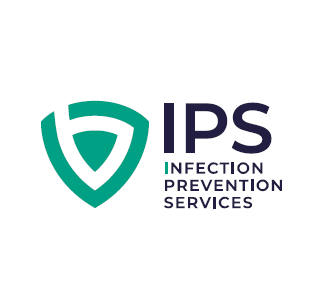Role of Public Health Units in Outbreak Management
Challenges of Norovirus Control in Aged Care

Norovirus control in aged care facilities presents unique challenges due to the vulnerability of residents and the nature of the living environment. Long-term care facilities account for over 60% of norovirus outbreaks, with residents four times more likely to succumb to the virus compared to the general population. The close living quarters, shared spaces, and frequent personal contact in these settings facilitate rapid person-to-person transmission, which accounts for over 90% of norovirus infections.
Additionally, residents often have multiple comorbidities and reduced mental function, complicating outbreak control efforts. The small concentration of virus particles needed to cause infection, and the virus's resilience on surfaces further exacerbate the difficulty of containment.
These factors, combined with potential staff shortages and the need to balance infection control measures with resident quality of life, make norovirus outbreaks particularly challenging to manage in aged care settings.
Impact of Prompt Notification on Outbreak Duration
References
The Role of Local Public Health Units in Enhancing Outbreak Response in Residential Aged Care Facilities
https://pubmed.ncbi.nlm.nih.gov/38407114/
The Role of Local Public Health Units in Enhancing Outbreak Response in Residential Aged Care Facilities
https://journals.sagepub.com/doi/abs/10.1177/10105395241233635
Strategies For Norovirus Prevention In Senior Care Facilities
https://facilityexecutive.com/strategies-for-norovirus-prevention-in-senior-care-facilities/
GuidelinesForManagementOfNorovirus_ExecutiveSummary
https://www.rph.org.nz/health-professionals/arc-facilities/executivesummaryguidelinesformanagementofnorovirus.pdf
Institutional gastroenteritis outbreaks and time to notify public health services
https://nzmj.org.nz/media/pages/journal/vol-131-no-1478/institutional-gastroenteritis-outbreaks-and-time-to-notify-public-health-services/2558756c3e-1696478963/institutional-gastroenteritis-outbreaks-and-time-to-notify-public-health-services.pdf
Norovirus in residential care facilities: Does prompt notification of outbreaks help?
https://www1.health.gov.au/internet/main/publishing.nsf/Content/cda-cdi3502e.htm

